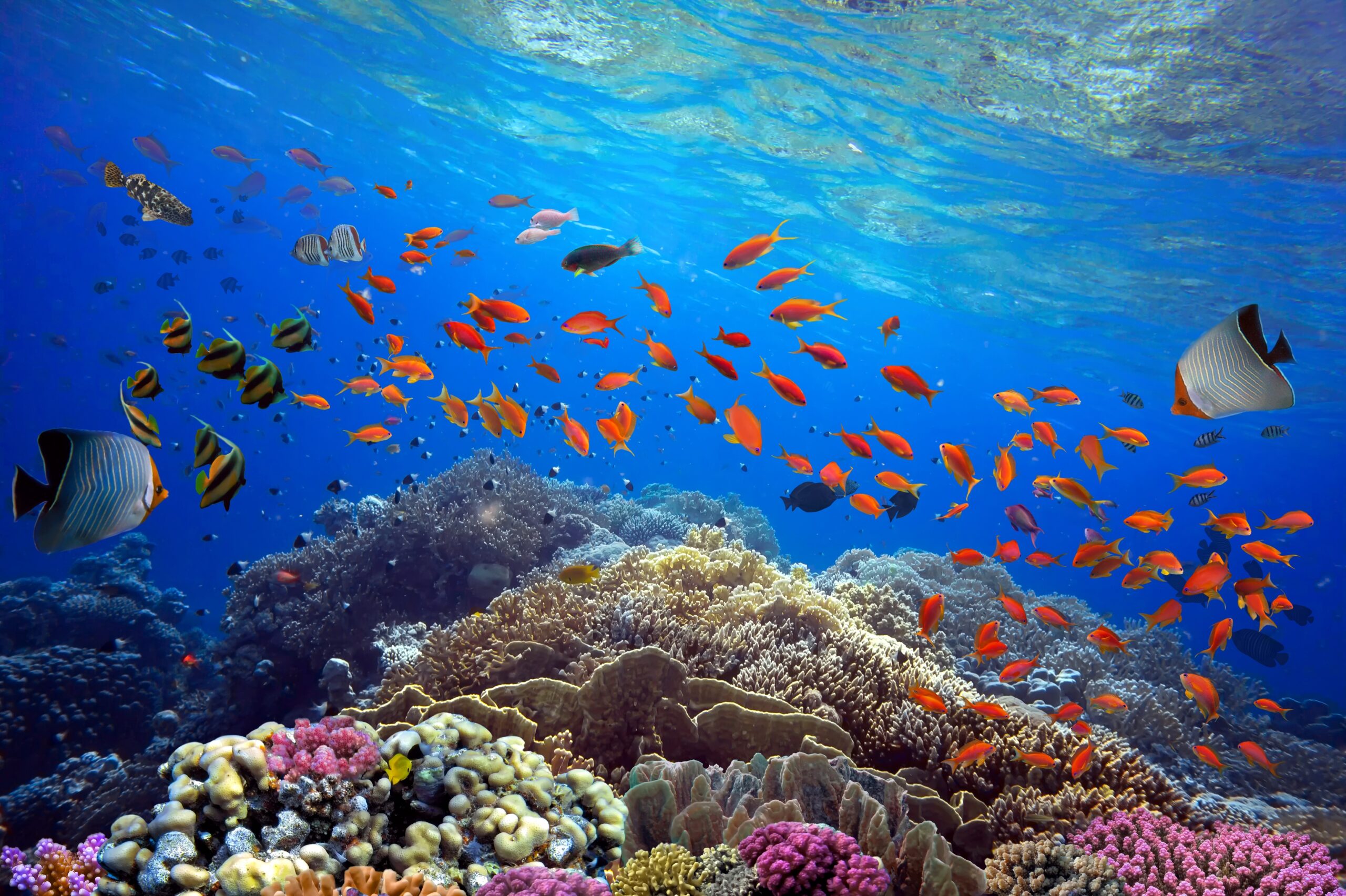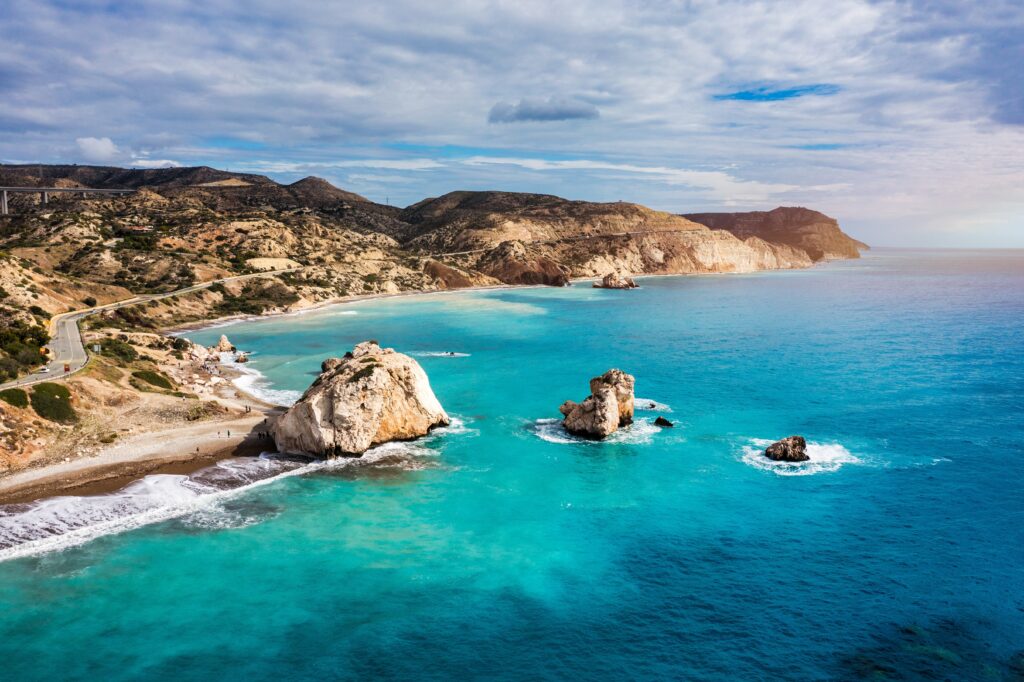
Protecting Paradise: How Islands Are Fighting Overtourism
From crystal-clear coves in Croatia to cliffside villages in Santorini, the Mediterranean’s beauty has always drawn admirers. But in recent years, its most iconic islands have felt the strain of their popularity. Overtourism — the unsustainable flood of visitors that overwhelms local infrastructure, nature, and culture — has become a pressing challenge. Fortunately, many islands are responding with innovative, community-led solutions. This article explores how Mediterranean islands are fighting back to protect their paradise, and how we, as travellers, can help.
Outline
- What Is Overtourism? And Why Does It Matter?
- Which Islands Are Most Affected?
- How Islands Are Responding
- Case Studies: Island Action in Motion
- Santorini, Greece 🇬🇷
- Mallorca, Spain 🇪🇸
- Venice (as a lagoon island), Italy 🇮🇹
- Dubrovnik, Croatia 🇭🇷
- How You Can Travel More Responsibly
- Final Thoughts: Travelling with Care
What Is Overtourism? And Why Does It Matter?
Overtourism happens when too many visitors:
- Overwhelm local infrastructure
- Strain natural ecosystems
- Push out residents through rising prices and housing shortages
- Cause loss of local culture and community character
It’s not about blaming tourists — it’s about recognising that too much of a good thing can tip the balance.
The goal is not less tourism, but better tourism.
Which Islands Are Most Affected?
| Island | Core Issues |
|---|---|
| Santorini, Greece | Cruise ship congestion, water shortages |
| Mallorca, Spain | Noise, overcrowding, rental market distortion |
| Venice (Lagoon) | Cruise impact, depopulation, cultural erosion |
| Dubrovnik, Croatia | Old Town strain, seasonal overflows |
| Mykonos, Greece | Infrastructure stress, loss of local identity |
Many of these islands are now seeing more visitors per year than they have residents — by 10 to 1, or more.
How Islands Are Responding
Islands are turning to a mix of policy, technology, community action, and tourism reform. Here’s how:
Limiting Cruise Ship Arrivals
- Santorini now caps the number of cruise passengers per day.
- Venice banned large cruise ships from its historic centre in 2021.
Tourist Taxes & Booking Systems
- Balearic Islands have a sustainable tourism tax used to fund environmental and cultural preservation.
- Dubrovnik introduced timed-entry and cruise slot limits for the Old Town.
Protecting Local Housing
- Restrictions on short-term rentals (e.g. Airbnb) are being introduced in Barcelona, Palma, and Split to ensure locals aren’t priced out.
Supporting Off-Season and Sustainable Travel
- “Travel Slow, Travel Off-Peak” campaigns encourage visits outside the July–August crush.
- Local tourism boards promote eco-tourism, hiking, agrotourism, and cultural events year-round.
Case Studies: Island Action in Motion
Santorini, Greece
- Capped cruise arrivals at 8,000/day (still high, but better than 18,000)
- Push for desalination and water conservation
- Encouraging visitors to explore inland villages and off-peak seasons
Mallorca, Spain
- Sustainable tourism tax funds eco-projects
- Limits on holiday rentals in Palma
- Community-led protests sparked reform in how tourism is managed
Venice, Italy
- Banned large cruise ships from the lagoon
- Introduced entry fees for day-trippers (launching in 2025)
- Focusing on long-stay, culture-focused visitors over mass day-travel
Dubrovnik, Croatia
- Installed smart monitoring systems to limit crowds in the Old Town
- Cruise ships are now staggered with set time slots
- Game of Thrones fame led to a tourism boom — now being carefully managed
These changes are driven not just by governments — but by locals fighting to preserve their homes.

How You Can Travel More Responsibly
You don’t have to give up your dream island trip. Just choose consciously:
Do:
- Visit in the shoulder season (spring or autumn)
- Stay in locally owned accommodation
- Explore lesser-known areas and islands
- Carry a refillable bottle, say no to plastic, walk or cycle where possible
- Respect local customs, rules, and community pace
- Choose experiences that benefit locals — workshops, local guides, markets
Don’t:
- Take large cruise holidays to small islands
- Book accommodation that’s pushed out locals (check for registration)
- Leave trails, litter, or damage to nature — take only memories
- Expect everything to be tailored to tourists — you’re a guest
The small choices you make as a traveller can have a big ripple effect.
Final Thoughts: Travelling with Care
The Mediterranean’s islands are some of the most precious — and vulnerable — destinations on Earth. Their survival as authentic, liveable places depends on all of us.
Travel should leave a place richer — in culture, in nature, and in community — not poorer.
So next time you book a ferry, check into a guesthouse, or stroll an ancient harbour, take a moment to ask: Am I giving as much as I’m taking?
Because paradise isn’t just a place — it’s a relationship.